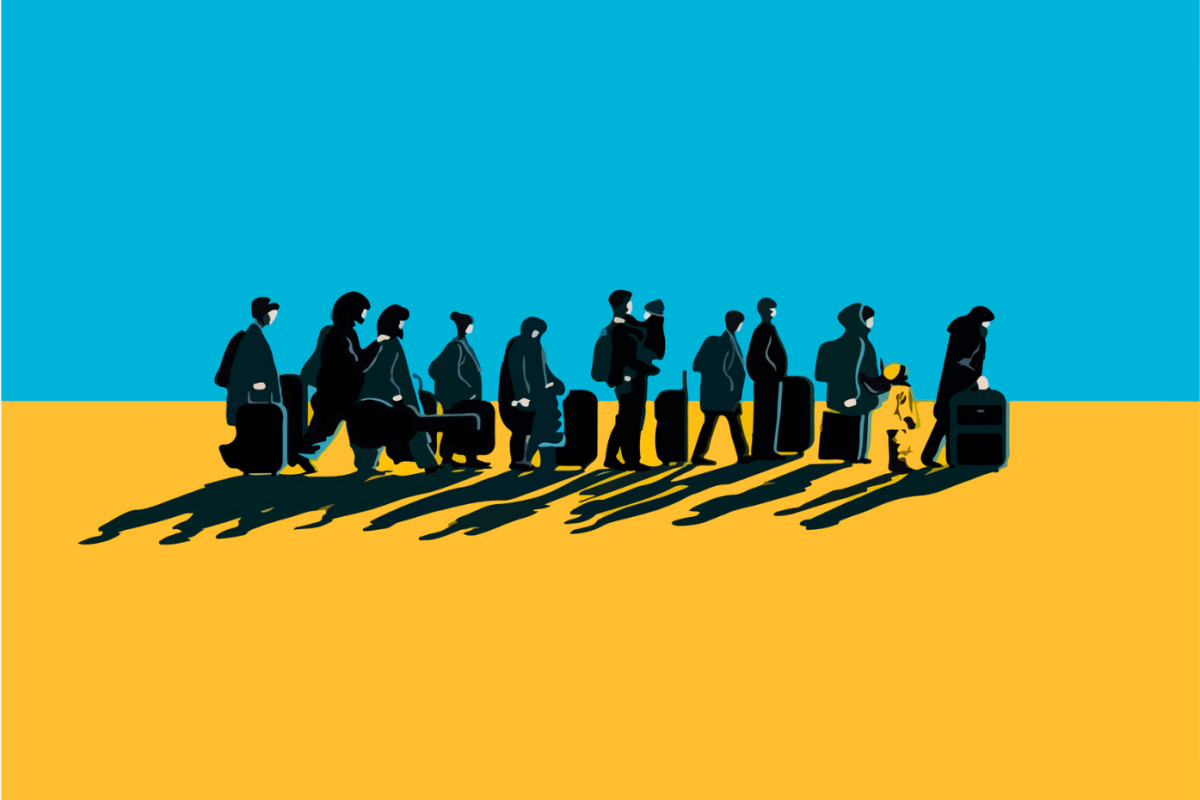Lawyer
As a result of the armed conflict on the territory of Ukraine, a large number of people were forced to leave their homes and seek refuge in other regions of the country. Internally Displaced Persons (IDPs) face numerous challenges, particularly in terms of ensuring their rights and freedoms. It is important to understand that the state and the international community are obliged to ensure adequate protection of such persons. In this article, we will consider the main aspects of the legal protection of IDPs and the role of a lawyer in this process.
Consultation of a lawyer
Consulting a lawyer is the first step to protecting the rights of IDPs. Internally displaced persons often do not know their rights or are not sure how to exercise them in new conditions. A lawyer can provide advice on the following issues:
- Legal status of IDPs. The lawyer explains how to obtain the status of an internally displaced person, what documents are required for this, and what benefits and guarantees are provided for by law.
- Social benefits. IDPs are entitled to certain social benefits and assistance. A lawyer helps to understand the conditions for receiving these payments, the procedures for their registration and possible problems.
- Housing rights. The issue of housing is one of the most acute for IDPs. A lawyer's consultation may include information on the possibilities of temporary or permanent housing, procedures for obtaining compensation for destroyed or damaged housing.
Document analysis
Document analysis is an important part of a lawyer's work in protecting the rights of IDPs. The main documents to be analyzed include:
-IDP certificate. The lawyer checks the correctness of the registration of the identity card of the internally displaced person and compliance of the provided information with the requirements of the law.
- Housing rental contracts. In many cases, IDPs rent housing at their new place of residence. The lawyer analyzes the terms of lease agreements, paying attention to the rights and obligations of the parties, possible risks and ways to avoid them.
- Statements and complaints. A lawyer helps to correctly prepare statements and complaints to state bodies, social services, courts and other authorities. This includes the analysis of available documents, evidence and preparation of necessary supporting materials.
Legal opinion
After analyzing the documents, the lawyer provides a legal opinion, which describes the detected violations and provides recommendations for their elimination. A legal opinion may include:
-Assessment of the legal situation. The lawyer assesses the legal situation of IDPs, determines possible violations of their rights and legal ways to restore them.
-Recommendations for further actions. The lawyer provides specific recommendations for further actions, such as filing applications, going to court, communicating with government agencies, etc.
- Development of a defense strategy. The legal opinion may also include the development of a strategy to protect the rights of IDPs, taking into account all the circumstances and possible risks.
Legal opinion of the lawyer
In more complex cases, where additional legal expertise is required, IDPs can contact a lawyer for a legal opinion. A lawyer's legal opinion is a more detailed and comprehensive document that may include:
- Deep analysis of the legal situation. The lawyer conducts a comprehensive analysis of the legal situation of IDPs, taking into account all available facts, documents and evidence.
-Proposals on legal aid. The lawyer provides detailed recommendations on the provision of legal assistance, including possible lawsuits, mediation, appeals to international organizations, etc.
- Development of a detailed legal strategy. The lawyer's legal opinion includes the development of a detailed legal strategy that takes into account all possible legal mechanisms for protecting the rights of IDPs.
Conclusions
Protection of the rights of internally displaced persons is an important aspect of legal regulation in the conditions of armed conflict. Consultation of a lawyer, analysis of documents, provision of a legal opinion and a legal opinion of a lawyer are key stages that help IDPs restore their rights, get the necessary assistance and ensure the protection of their interests.
Lawyers and advocates play an important role in this process, providing the necessary legal support, counseling and representation of the interests of internally displaced persons in various instances. Therefore, in complex legal situations, turning to qualified specialists is a necessary step for effective protection of the rights of IDPs.

































